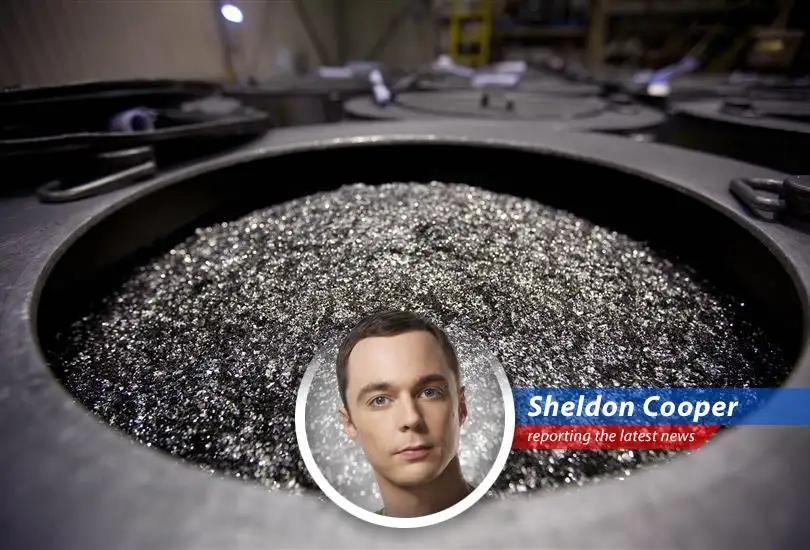
The Rare Earth Predicament: A Conundrum Wrapped in an Enigma
As any rational mind can discern the current global situation regarding rare earth minerals is shall we say less than optimal. According to the article China currently lords over the rare earth mineral supply a fact that would make even the most ardent supporter of asymmetrical warfare raise an eyebrow. The very notion that modern cars particularly those electric contraptions are heavily reliant on these minerals the supply of which is monopolized by a single entity smacks of a poorly designed system. It is akin to relying on Wolowitz for astrophysics calculations – utterly preposterous! As AlixPartners notes you simply cannot build a modern car without rare earths and Chinese companies dominate the supply chain. Bazinga! We have a problem.
Recycling to the Rescue? A Schrödinger's Cat Scenario
The West in a move that could be described as either ingenious or pathetically belated is attempting to reduce its dependence on Chinese rare earths. The article suggests a threefold strategy: finding alternative sources developing technologies to reduce reliance and most intriguingly recycling existing stockpiles. The U.S. Department of Defense in a moment of fiscal responsibility that surprises even me has invested in a startup aiming to extract oxides from recycled products like fluorescent light bulbs. I must admit the idea of salvaging rare earths from discarded light bulbs has a certain charm albeit one that is likely outweighed by the logistical and thermodynamic challenges involved. However as I always say 'Everything is funny as long as it's happening to other people.'
EVs Rare Earths and the Perils of Battery Powered Hubris
The article highlights the stark contrast in rare earth usage between gasoline powered and electric vehicles. A typical electric vehicle requires a significantly higher quantity of these elements. This fact coupled with the slowing adoption of EVs in the U.S. presents a complex equation. As Christopher Ecclestone shrewdly observes the imperative for replacing Chinese sourced materials is declining alongside EV uptake. The very notion that the future of transportation hinges on a resource that is both finite and geographically concentrated is frankly a design flaw of catastrophic proportions. Were I in charge we'd be powering our vehicles with miniature controlled wormholes but alas my genius remains largely unappreciated.
Export Controls: A Game of Geopolitical Chess Played with Minerals
In a move that can only be described as strategically Machiavellian China has implemented export controls on several rare earths. This includes terbium a crucial element in electric vehicle components. The fact that these controls require Chinese companies to obtain government approval before selling these minerals overseas underscores the extent of China's control. It's like having to ask Amy Farrah Fowler for permission to conduct a simple experiment – unnecessarily bureaucratic and utterly infuriating. As the International Energy Agency points out China controls over 90% of the global refined supply for the four magnet rare earth elements used in EV motors. Sheldon Cooper does not like monopolies! This is why I choose to play Settlers of Catan with house rules that promote resource distribution and why I meticulously divide my cheesecake into precisely equal portions.
Recycling: A Sisyphean Task or a Viable Solution?
The article correctly points out the limitations of recycling. It is challenging energy intensive and time consuming. Even if EV adoption slows these minerals are still vital for defense. The F 35 fighter jet a marvel of modern engineering (if one overlooks its reliance on Chinese materials) contains over 900 pounds of rare earths. This fact highlights the critical importance of securing alternative supply chains even if it requires dismantling every fluorescent light bulb in a five mile radius. It's a noble effort even if it means subjecting myself to the Sheldon Cooper Protocol and meticulously cataloging each component before disposal.
Tungsten: The Unsung Hero (or Villain) in This Mineral Melodrama
The article then throws a curveball introducing tungsten a U.S. designated critical mineral that China dominates in production. Tungsten is used in everything from weapons to car batteries. As Michael Dornhofer notes the tungsten used in electric car batteries is not easily recycled further complicating the equation. The fact that China consumes 50% of the world's tungsten is a sobering reminder of their dominance in the market. As Lewis Black aptly states the issue is not with China's internal consumption but with the external supply to the West. It's like Leonard constantly borrowing my comic books but never returning them – a blatant disregard for fair trade and established principles.



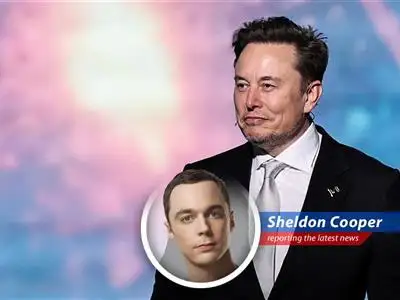



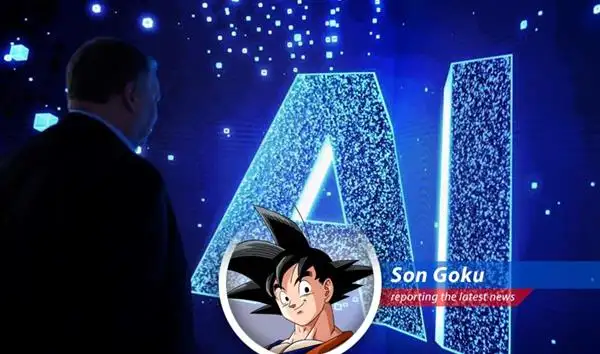
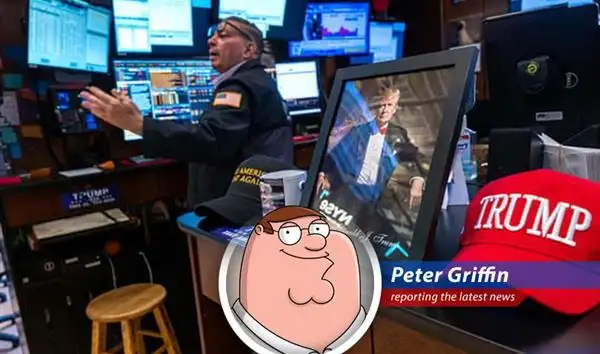

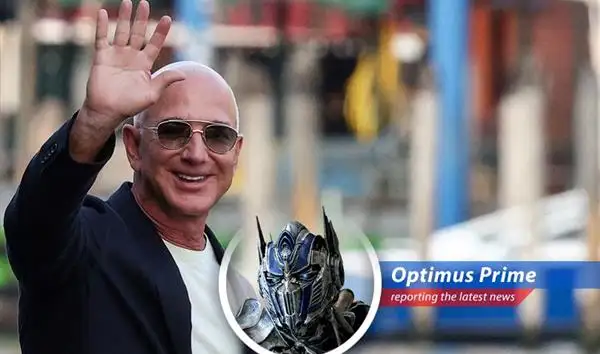

dannyboysky
We need a global conference on rare earth mineral management, stat!